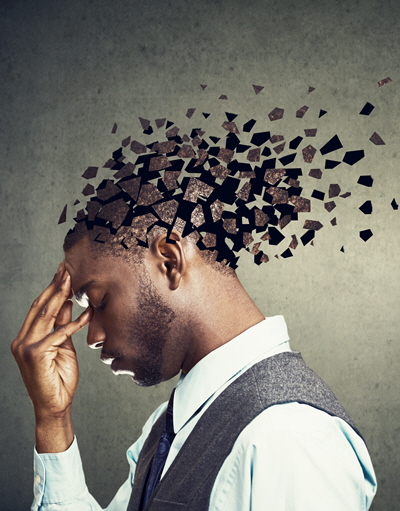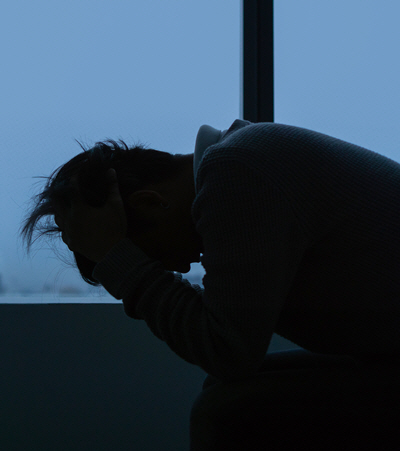 You keep reliving that same event.
You keep reliving that same event.
Without warning, something triggers that traumatic event, and it’s like reliving it again and again.
Your life is anything but normal.
Sleepless nights, nightmares, outbursts of anger and frustration, feelings of guilt, unable to cope, and feeling stressed are your new normal since the event or events.
Negative response to trauma is natural.
Reacting negatively to a traumatic event is a natural response.
After that event, it is common for a person to have nightmares, be on edge, or even have flashbacks of the event. The event may have interfered with your life for a while.
In many cases, however, people tend to recover from the event, and reactions to that event eventually subside.
 When is response to trauma not natural?
When is response to trauma not natural?
The problem with trauma arises when those feelings don’t subside but persist long after you experience the event. This type of response to trauma has many symptoms.
You don’t feel like your usual self and continue to feel numb and empty on a regular basis.
Something triggers a response, and there you are reliving the event. You just can’t seem to shake it.
You continue to have physical stress symptoms, deliberately try to avoid anything that reminds you of the traumatic experience, have no one with whom you can share your feelings, and find that relationships with family and friends are suffering.
This is when the trauma becomes intertwined with PTSD, which is a condition that causes a person not to recover from the trauma.
PTSD has many causes.
Military personnel in war zones stay in high alert and see and experience events that can have a lasting impact on them.
First responders and emergency room nurses and doctors have first-hand experience with death and the severely injured and sick. After a while, the trauma can cause everlasting effects.
Not just military and medical personnel get PTSD. Sexual assault, accidents, and other traumatic and life-threating events can result in a person having PTSD.
Healing from PTSD and the effects of persistent trauma requires more than time. It requires counseling and therapy.
 You don’t have to go it alone.
You don’t have to go it alone.
PTSD impacts a person’s mental and physical well-being, and healing and recovery from traumatic events causing PTSD are not easy.
The process of healing involves addressing the issue at the core and making a mind-body connection in order to restore balance in your life.
If you’re experiencing the effects from trauma and show some of the symptoms previously described, we can help you learn to redirect your negative responses to a more positive response.
Let me help you overcome PTSD and the triggers that cause you to continually relive that traumatic experience.
Reach out by completing the form below or calling (719) 749-6860.

